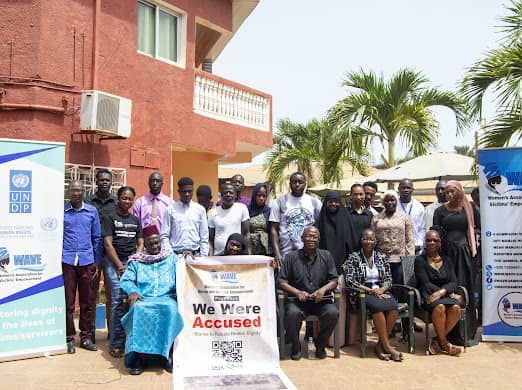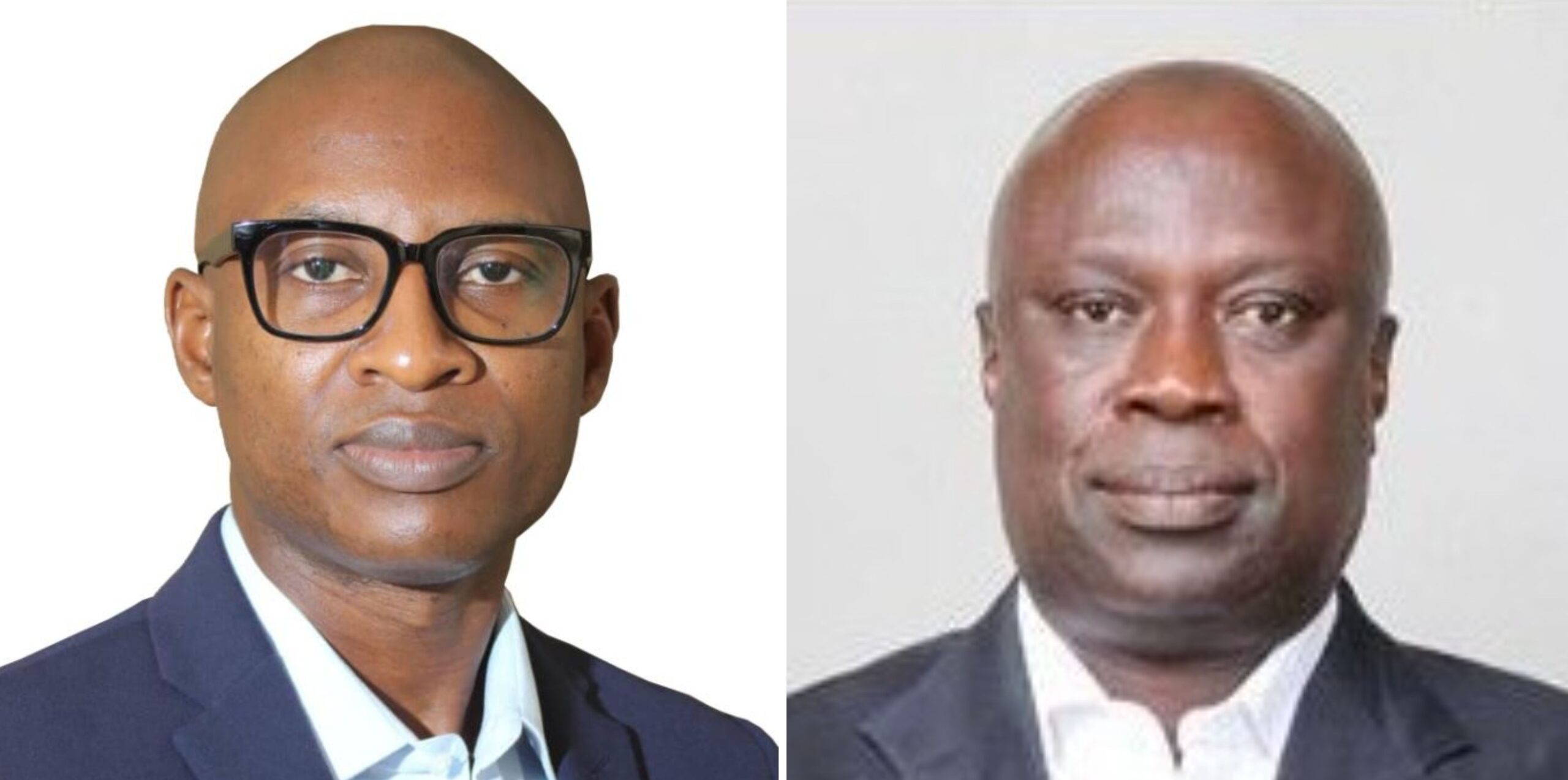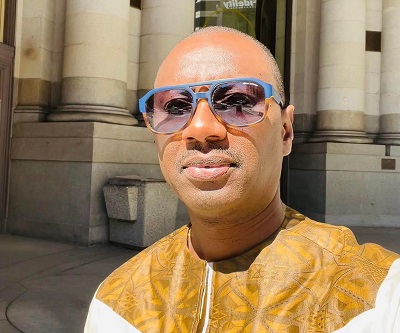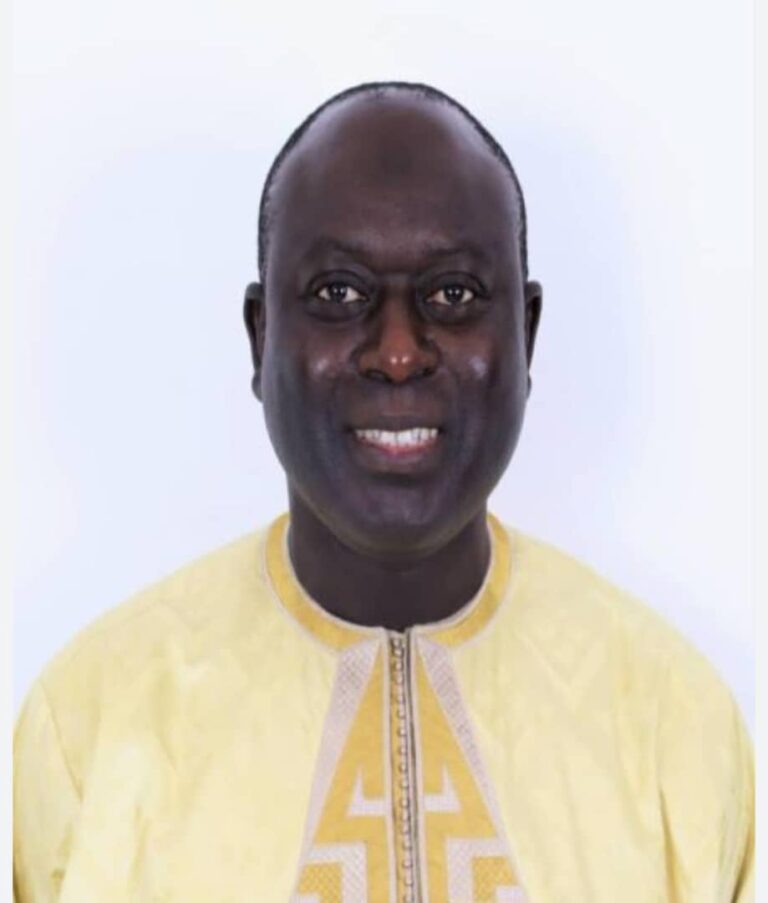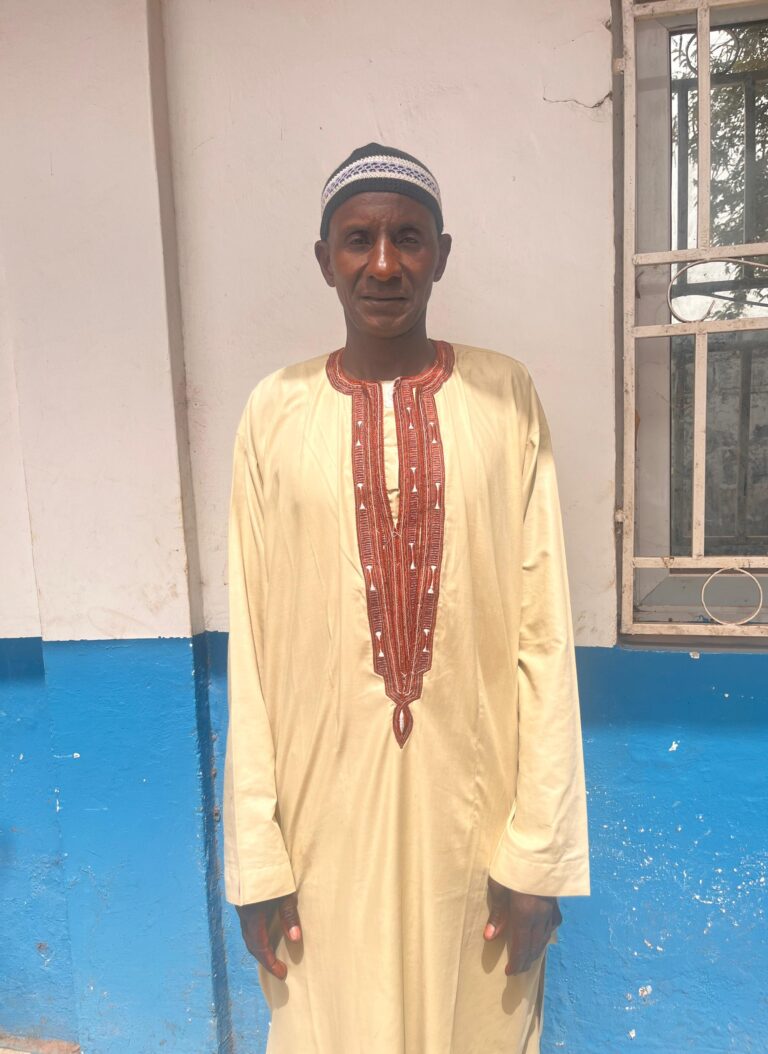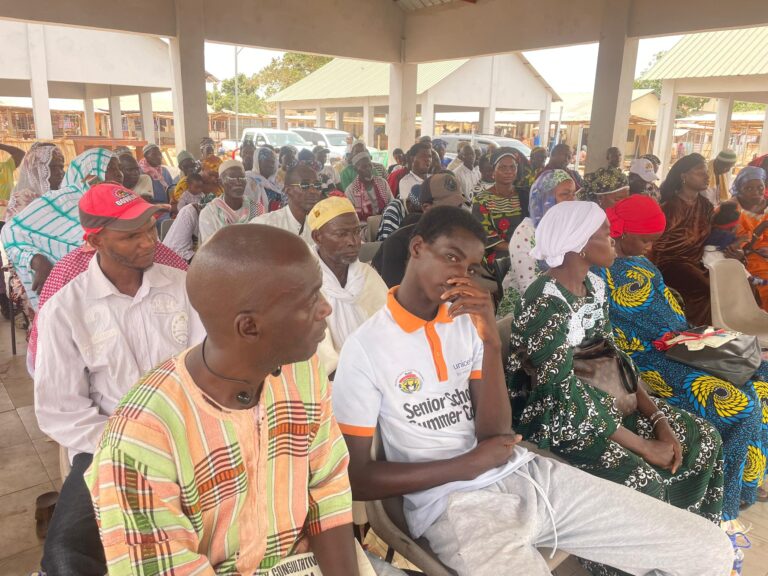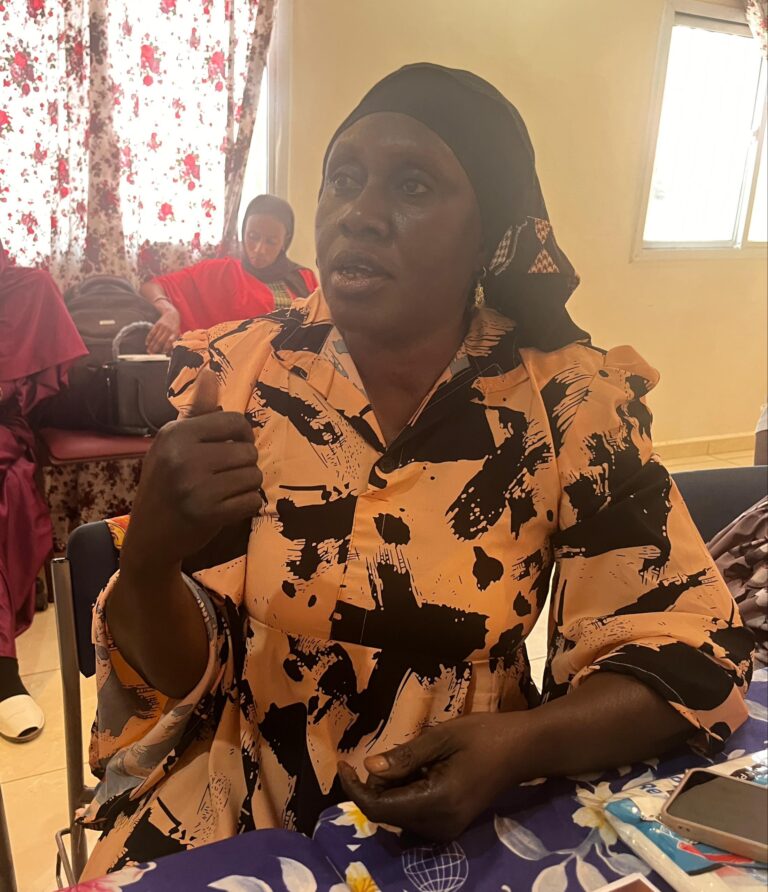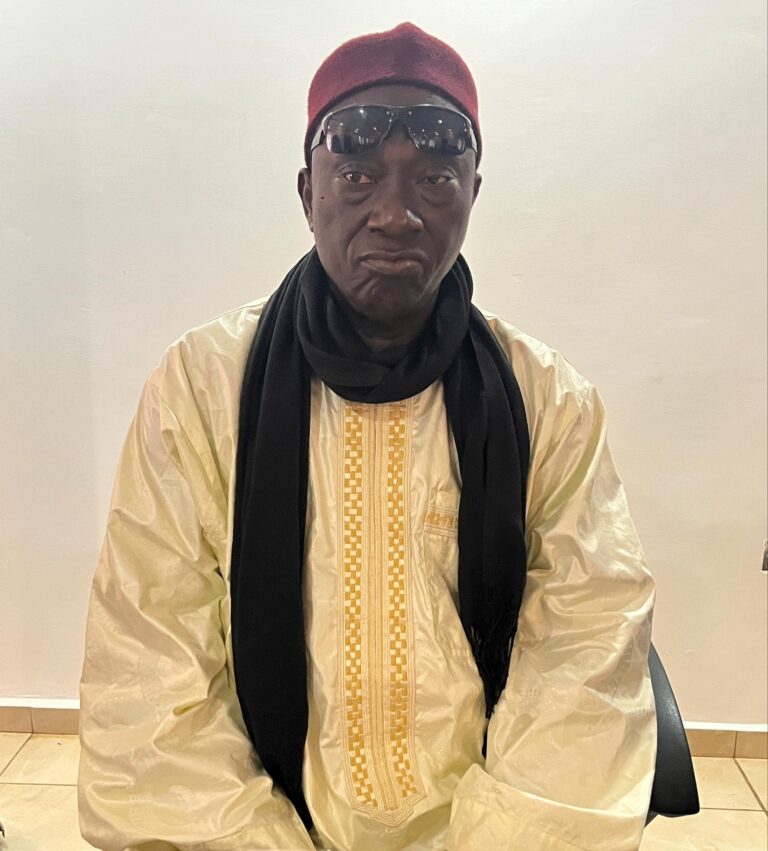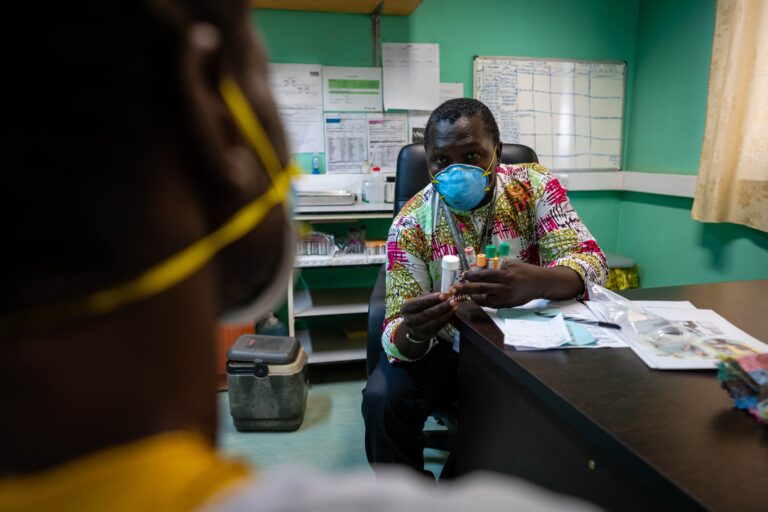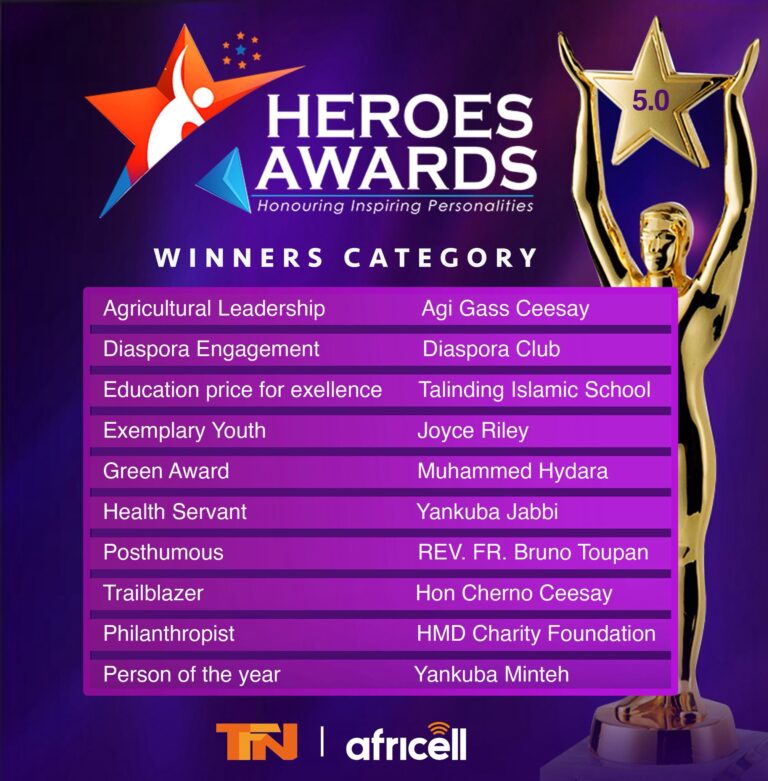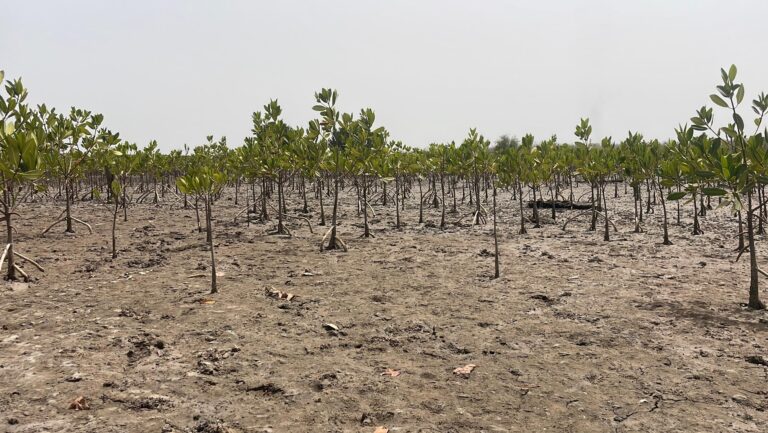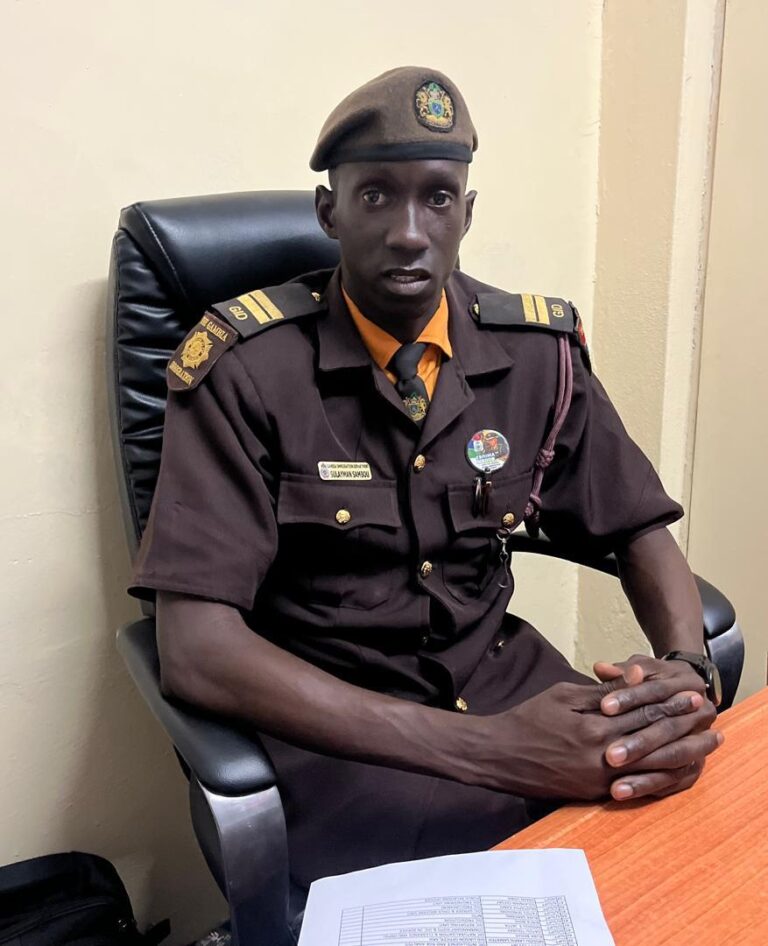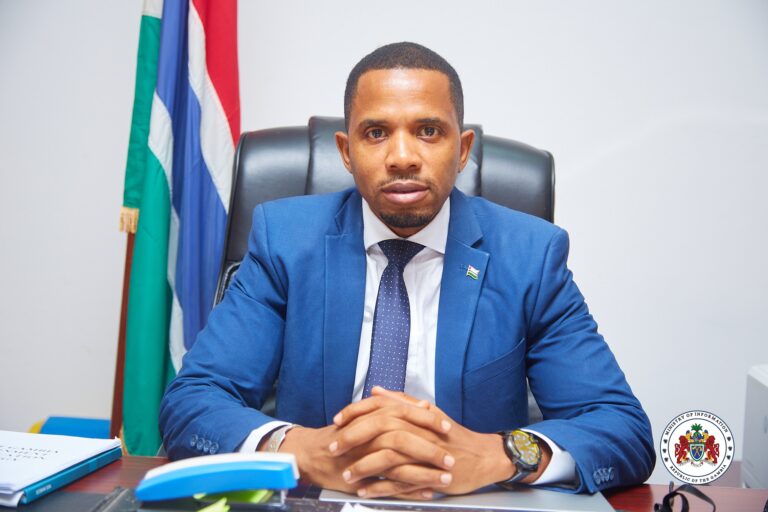By: Dawda Baldeh
Sixteen years ago, in 2009, families were torn apart, and hearts and reputations were shattered when former Gambian dictator Yahya Jammeh initiated what was described as a politically motivated campaign labeling individuals as witches and wizards. Many families faced devastation as their parents were forcibly detained and made to consume concoctions, resulting in the deaths of over 40 people.
To restore and rebuild these damaged reputations, the Women’s Association for Victims and Empowerment (WAVE) yesterday completed a two-day engagement with communities and stakeholders aimed at combating discrimination against witch-hunt victims in The Gambia. Prisalla Yagu Ceesay, Co-founder and Senior Technical Advisor of WAVE, emphasized the significance of the two-day event in uniting victims, law enforcement officers, civil society organizations, and the media to assist victims in overcoming past traumas.
“Our goal is to restore social cohesion among the alleged victims in society, reduce stigma, and rehabilitate communities and individuals who have been subjected to the witch-hunt campaign,” she stated. She further mentioned that the aim is to support victims labeled as witches and wizards in rebuilding their lives while providing them with mental and physical assistance.
Hassan Baldeh, a police superintendent, described the plight of former President Jammeh’s alleged witch-hunt victims as troubling. He highlighted the crucial role the police could play in safeguarding victims, stressing that society must protect them from all forms of discrimination. “It’s disheartening to witness people discriminating against these individuals accused of witchcraft. Hearing their stories was very emotional for me, and it’s tragic that security forces were used to mistreat citizens,” he expressed. Baldeh further emphasized the importance of people supporting one another to foster harmonious living. “We must ensure that such atrocities do not occur again,” he added, pointing out that the police are dedicated to protecting citizens’ rights.
Ismaila Sonko, a resident of Esso village in the North Bank Region, recounted the incident of his father’s arrest in 2009. His father was among many accused of witchcraft by former President Jammeh. “When the soldiers arrived, they told my father he had health issues and were taking him to the hospital. He insisted that there was a hospital next to his house and should be taken there, but the soldiers refused. He was released after three days,” he recalled.
Before his arrest, he was healthy and fit, but after his release, he developed serious health problems. Mr. Sonko reflected on the societal impact that this allegation had on his father and praised WAVE for leading this initiative to assist victims in recovering from trauma and advocating for legislation to prevent further suffering. “People are aware that the allegations were false,” he added. Mr. Sonko’s father passed away in 2016, prior to Jammeh’s defeat by coalition leader President Barrow.
This initiative is supported by the Peace Building Fund, UNDP, and the UN Office of the High Commissioner for Human Rights. At the conclusion of the program, participants reiterated the call for the implementation of the Truth, Reconciliation and Reparations Commission (TRRC) recommendations regarding the witch hunt to prevent further discrimination against victims.

